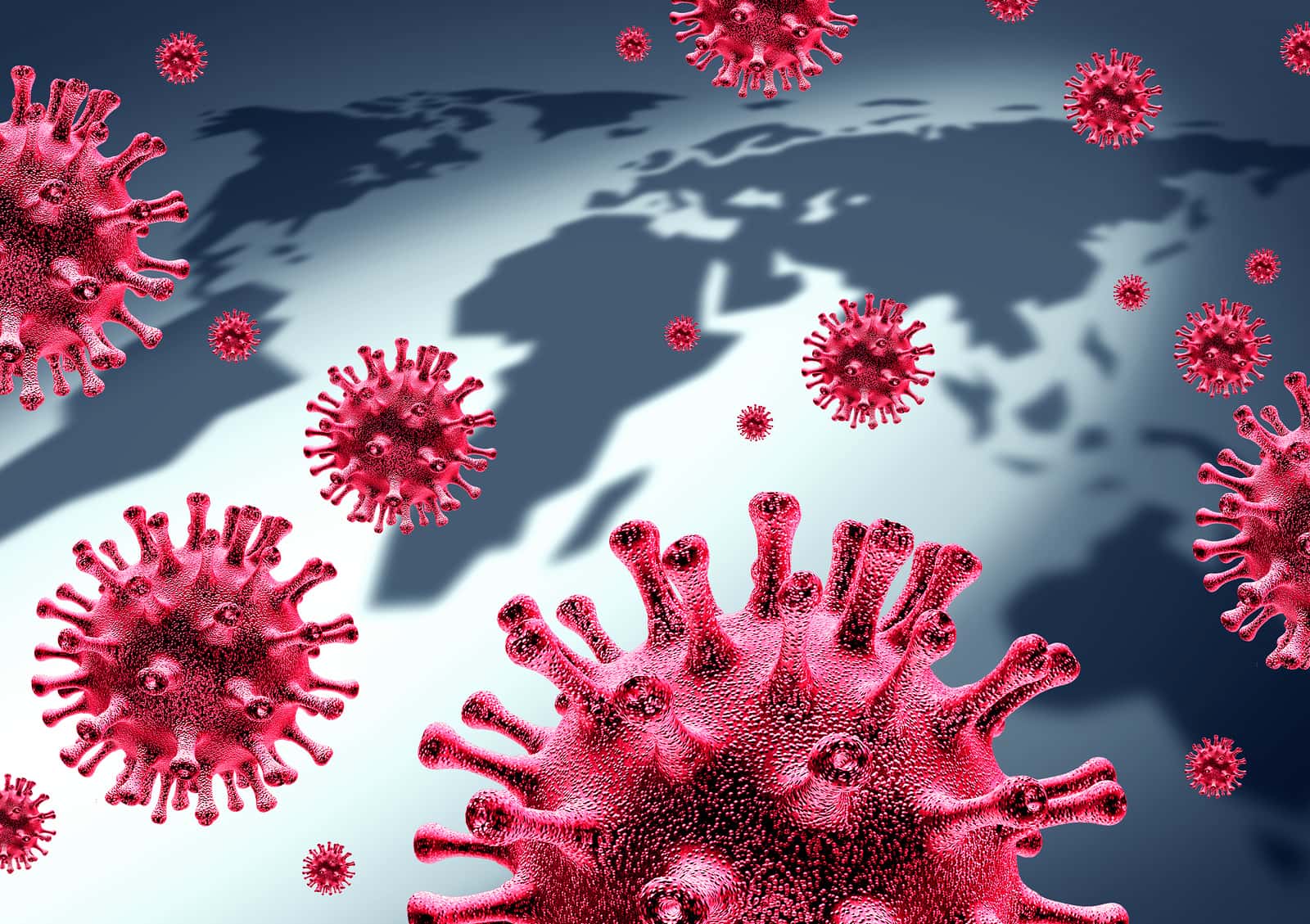
CDC authorities have started warning the public that the coronavirus COVID-19 has already begun to spread in the US. (Check our update at the bottom of this article.) This virus first came to the attention of public health authorities in Wuhan, Hubei Province, China, in late December. As infections spread throughout the population, China imposed stringent quarantines on the population of Wuhan and nearby cities. Nonetheless, many other countries have reported COVID-19 infections and some are reporting deaths from this respiratory disease. How will the US manage COVID-19?
The CDC Prepares to Manage COVID-19:
Initial efforts have been directed towards containing the infection by detecting, tracking and isolating confirmed cases. But public health authorities now worry that if the virus starts spreading, it may become necessary to change strategies in order to manage COVID-19 and keep it from spreading. Here is a link to the briefing the CDC offered on Wednesday, 2/26/20.
There is preliminary talk about closing schools, encouraging people to work from home and reducing large public gatherings. Alex Azar, head of Health and Human Services, told a Senate panel this week that it is not possible to “hermetically seal off the United States to a virus.” He went on to state that “This is an unprecedented, potentially severe health challenge globally.” Public health authorities are encouraging families, businesses and hospitals to start planning for the possibility of widespread illness.
The US Government Makes Plans:
In a press conference on February 26, 2020, President Trump announced that government officials are keeping a close eye on the situation. He put Vice President Pence in charge of the government’s response. Since that time, a number of Americans have died. Several deaths and many subsequent cases have been traced to a nursing home in King County, outside of Seattle.
How Do Nursing Homes Manage COVID-19?
The recent deaths at the Life Care Center of Kirkland, Washington, underscore the vulnerability of older people, especially those who are frail. Many of these individuals have chronic health problems affecting the lungs, the heart or the kidneys. That makes them particularly prone to pulmonary complications from the coronavirus that causes COVID-19.
In nursing homes, people live in close quarters and often take their meals together. Staff are also vulnerable. Family and friends may need to avoid visits until this epidemic is under control. Many facilities will limit visits from people returning from international travel and those who have symptoms such as fever, cough or sore throat. Everyone, inside a nursing home or not, should be washing hands carefully, not touching their faces and staying away from people with symptoms.
CDC is urging long-term care facilities to offer sick leave to employees who become ill with respiratory symptoms so they can stay at home and not spread the infection to others. They should also monitor residents and employees for fever, cough or shortness of breath so they can get appropriate care.

